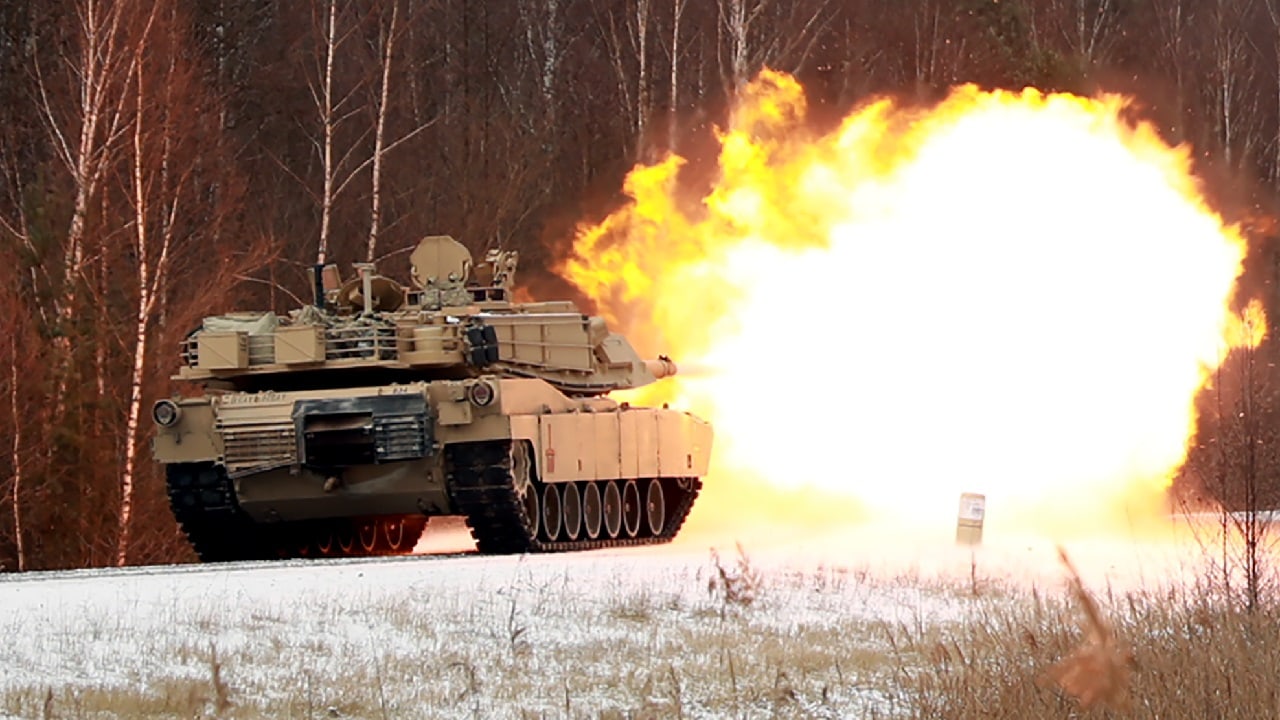Russian forces are making advances inside Bakhmut. The battle for the Ukrainian town isn’t over yet. Russian President Vladimir Putin is desperately looking for success on the ground to breathe life into his “special military operation” in Ukraine.
However, despite the recent advances in Bakhmut, the Russian forces are still looking for an operational breakthrough.
Even if the Russian military and Wanger Group mercenaries manage to capture Bakhmut, an operational breakthrough is extremely unlikely.
What’s An Operational Breakthrough
To begin with, we first have to define an operational breakthrough. Indeed, what would an operational breakthrough look like for the Russian forces? To answer that question, we can simply look at the Ukrainian surprise counteroffensive in September.
Then, in the opening days of the fall, the Ukrainian military launched a surprise counteroffensive in the area around Kharkiv, the country’s second-largest city, which had been under siege since the start of the war.
Using deception and violence of action, the Ukrainian military managed to push back the Russian forces, liberating hundreds of square miles in the process. Not only was Kharkiv completely secured, but the Ukrainian forces also liberated other important urban centers and logistical nodes in the east, including Izium, Lyman, and Kupyansk.
The counteroffensive managed to shift the fighting from Kharkiv to the area close to the border with Russia, disrupting in the process Russian operations in the east and the Donbas. In one big push, the Ukrainian military managed to redesign the operational map in the east.
That is an operational breakthrough. It doesn’t have to be an offensive that wins the war. It just needs to achieve enough progress on the ground to shift the balance in a particular operational environment. With that definition in mind, the Russian forces are extremely unlikely to achieve an operational breakthrough in the Donbas.
The Operational Breakthrough That Isn’t Coming
By now, a Russian operational breakthrough is almost completely unlikely. Even if the Wagner Group private military company managed to capture the town of Bakhmut in the Donbas, the Russian forces don’t appear to have the mobile reserves necessary to take advantage of it.
But even if they did, the Ukrainian military has prepared additional defenses to the west of the town. Indeed, the Ukrainian leadership has used Bakhmut as a trap to attrite the Russian forces. And like moths attracted to fire, the Russian military and Wagner Group private military forces have expended large numbers of troops and resources to capture a town that had little military significance. In the process, Moscow has lost up to 30,000 troops killed or wounded, in addition to the opportunity for success elsewhere along the contact line.
In a bigger picture, the large-scale Russian offensive has largely failed without achieving anything more than capturing a few miles and some settlements on the ground. It has also shown that the Russian forces are really struggling to capture and hold urban centers. Mariupol remains the only significant urban center the Russian forces managed to capture and hold.
Despite how much the Kremlin is looking for it, an operational breakthrough isn’t coming for the Russian forces.
Expert Biography
A 19FortyFive Defense and National Security Columnist, Stavros Atlamazoglou is a seasoned defense journalist specializing in special operations, a Hellenic Army veteran (national service with the 575th Marine Battalion and Army HQ), and a Johns Hopkins University graduate. His work has been featured in Business Insider, Sandboxx, and SOFREP.

